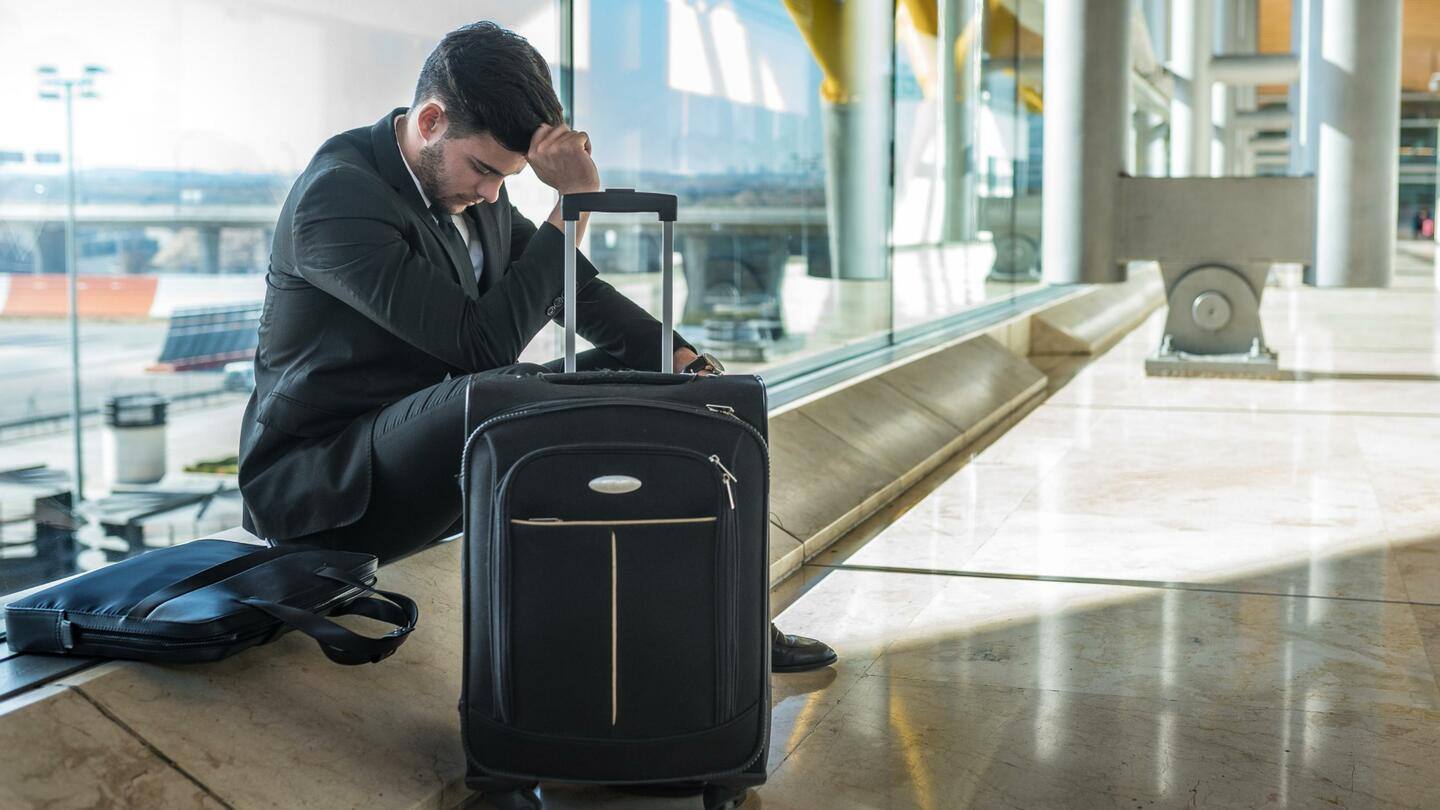
Experiencing jet lag? These tips will come to your rescue
What's the story
Jet lag happens when you travel across time zones and the usual rhythm of your body falls out of place. It is very common and typically lasts for a short period of time. However, it can negatively impact your personal travel and professional commitments as your body takes time to adjust. Here are five tips to quickly get over jet lag.
Fix it
Manage your sleep time in advance
American Academy of Sleep Medicine suggests you should adjust your sleeping habits days before you travel. It suggests that one should sleep a few hours later than usual when traveling toward the west or go to bed early if heading east. Your flight may be in the air when it is your new destination's nighttime, so ensure that you sleep during that hour.
Get some light
Increase your sun exposure
Jet lag can make you sleepy and tired, causing your energy levels to drop. However, as you increase your exposure to the sun, it can wake up your body from within and reduce the secretion of melatonin, a hormone that causes sleep. In fact, if you have to stay up late in your new time zone, you can expose yourself to light.
Strictly avoid
Steer clear of alcohol and caffeinated beverages
Jet lag causes a lot of issues with the body's natural ability to sleep and wake up on time. While that itself is a problem, do not add to it by consuming alcohol or caffeinated beverages when arriving at a different destination. Both of these can disrupt your sleep cycle, making it hard for you to adjust to the new time zone.
Water intake
Stay hydrated during your travel
Intentionally or not, you may cut down on your water intake when traveling in order to reduce bathroom breaks. As a result, your body experiences additional travel fatigue that may aggravate the symptoms of jet lag. Hence, ensure that you drink enough water during your long-distance travel as proper hydration can help wash off many sensations that jet lag may cause.
Food
Schedule your meals the right way
When traveling into a different time zone, it is important to time your meals the right way. Eating food just before it is time to hit the sack can result in multiple sleep issues. Hence, check the time at the destination you're flying to and indulge in or avoid eating accordingly. If you are still hungry, skip large meals for lighter and smaller snacks.